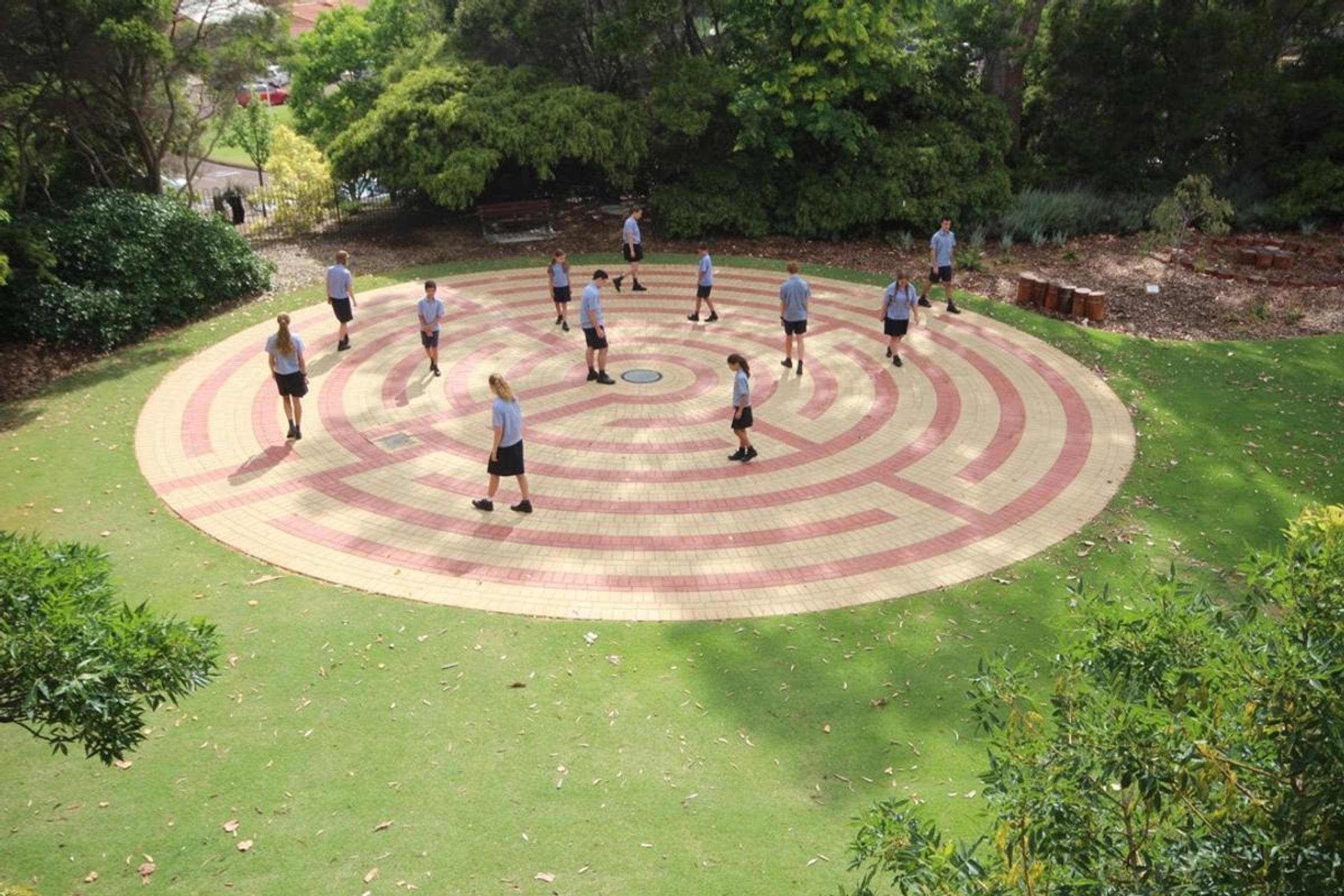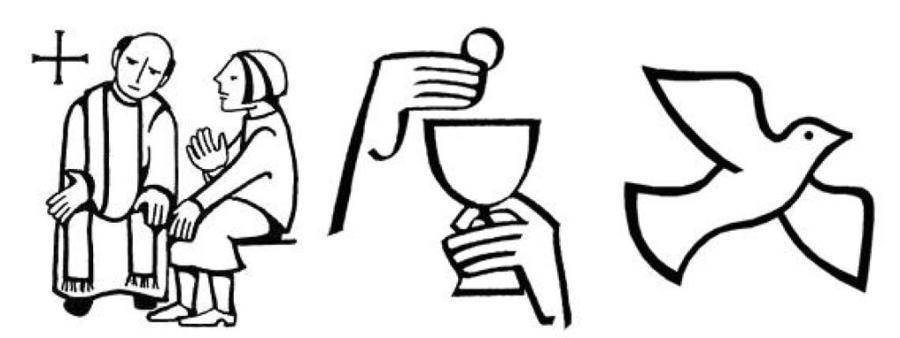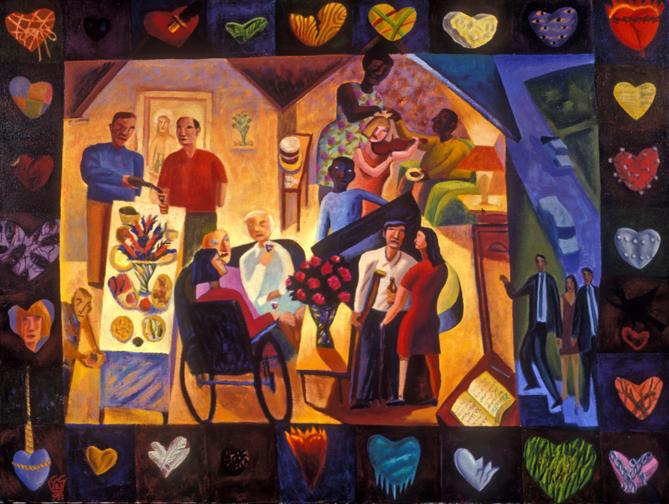Liturgy

Community Liturgy
On Friday 6 September the Community Mass will be prepared by students in Year 11. Family members of Year 11 students, as well as the whole College community, are very welcome. Warmer, brighter spring mornings encourage some families to get to the College a little earlier in order to share in our joyous, user-friendly liturgy.
Community Liturgy summary
- Where: College Chapel
- Time: 8:00am – 8:30 am
- When: every Friday in term time
Congratulations
… to Year 3 student, Jennalee Briede who made her first Reconciliation this week in the parish of Holy Spirit, City Beach.
GOOD NEWS for: 22nd Sunday in Ordinary Time
Luke 14:1, 7-14
The reflection for this Sunday’s Gospel is a homily by Jesuit priest, Fr Richard Leonard. Fr Richard Leonard SJ is the Director of the Australian Catholic Office for Film and Broadcasting, is a member of the Australian Catholic Media Council and is author of Preaching to the Converted, Paulist Press, New York, 2006.
One of the most basic human responses to anything new is to ask, ‘What's in it for me?’ We would like to think our motives are pure and our interests are for others, but there is often a nagging voice reminding us that selfish desires are never far from the surface. That said, we all know heroic individuals who care for sick spouses or children, who go to faraway places to give those in need their time and talent or who stay at home and do the same in their local neighbourhood. That's what makes them heroic. There is nothing in it for them; they are drawn by bonds of love, faith or by a desire to create a better world.
There are at least two ways we can hear Jesus' words in today's gospel. The first is as a strong challenge about social justice.
National boundaries mean nothing to God. All people are equal in God's sight, so the banquet Jesus refers to has implications for how we share the riches with which we have been blessed with others in the world. The poor, crippled, lame and blind of our world are the majority of God's children who mainly live in the Third World. They are our brothers and sisters. At the banquet of life Christians are called to give priority to the needs of these people, not only because they have a just claim on our resources, but also because they can't do anything for us in return. They purify our motives. When we link our concern, time, talent, career, and money with these children of God, we tame that nagging question, ‘What's in it for me?’ with a firm reply, ‘Very little – except God's justice.’
A somewhat comforting angle to take on this gospel is more psychological. Many of us, when we come to God at any time, try to dress ourselves up to look better than we are! This gospel reminds us that at Christ's banquet, however, it's not the poised and perfect who are most welcome, but the vulnerable. What does this mean for us who pray and celebrate the Eucharist? That God embraces those parts of us that are in greatest need of his love and healing – where we are poor, crippled, blind and lame.
We know this it is true because if Jesus is telling us to host the poor and broken at our tables, then as the perfect host he must do exactly the same with us at this Eucharistic meal as well.
When I was a child we referred to our finest clothes as our ‘Sunday best’ and we wore them proudly to Mass. Not only did we look good, we acted the part as well. Everyone was on best behaviour for the entire parish to see. Now, I have nothing against dressing with care and behaving well at Mass; it can be a sign of our self-respect, our courtesy toward others and our devotion to God. But God cares more about what's going on inside us. We can never hide from God, especially at the Eucharist because we have been invited to be here, not as we would like to be, but as we are.
May our celebration of the Eucharist – this taste of heaven's justice – give us renewed courage to think beyond our self and national interests, and show to others the hospitality of God that has been lavished on us. May we discover that where faith is concerned, the answer to ‘What's in it for me?’ is ‘More than we can ever hope or imagine.’
© Richard Leonard


